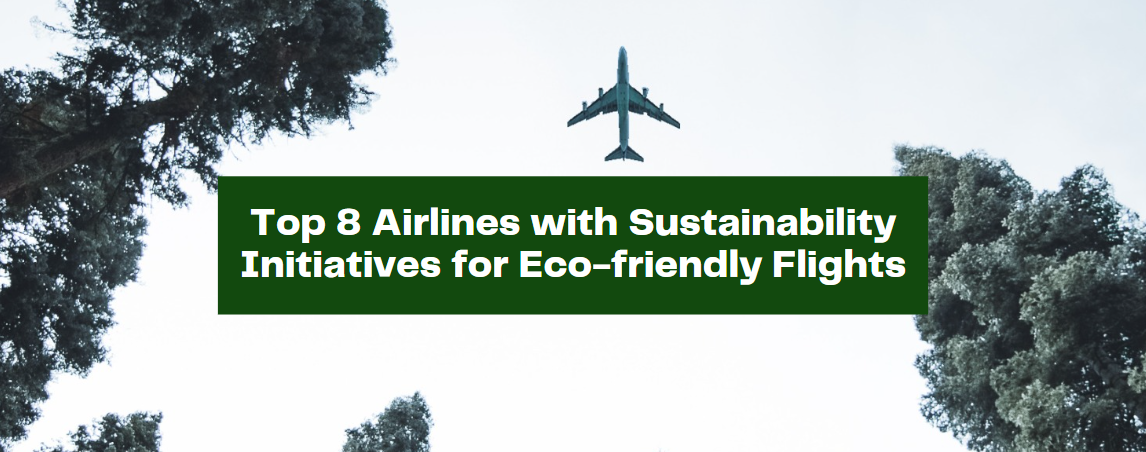Imagine taking to the skies without leaving a big carbon footprint behind. That’s the dream these innovative airlines are turning into reality. They’re not just about flying you to your destination; they’re doing it while being mindful of the planet. Let’s dive into the world of sky-high sustainability with these eco-friendly flights!
Finnair:
Finnair is setting a remarkable example by actively engaging in various sustainability initiatives to make their flights more eco-friendly. They empower passengers to offset their flight emissions through certified carbon offset projects. The airline focuses on fuel efficiency optimisation, adopting advanced aircraft systems, and reducing taxiing time. Additionally, Finnair minimises single-use plastics, recycles materials, and works on reducing cabin waste. Their commitment shines through their goal to achieve carbon neutrality by 2025, aligned with efforts to address multiple Sustainable Development Goals (SDGs).
Qantas Airways:
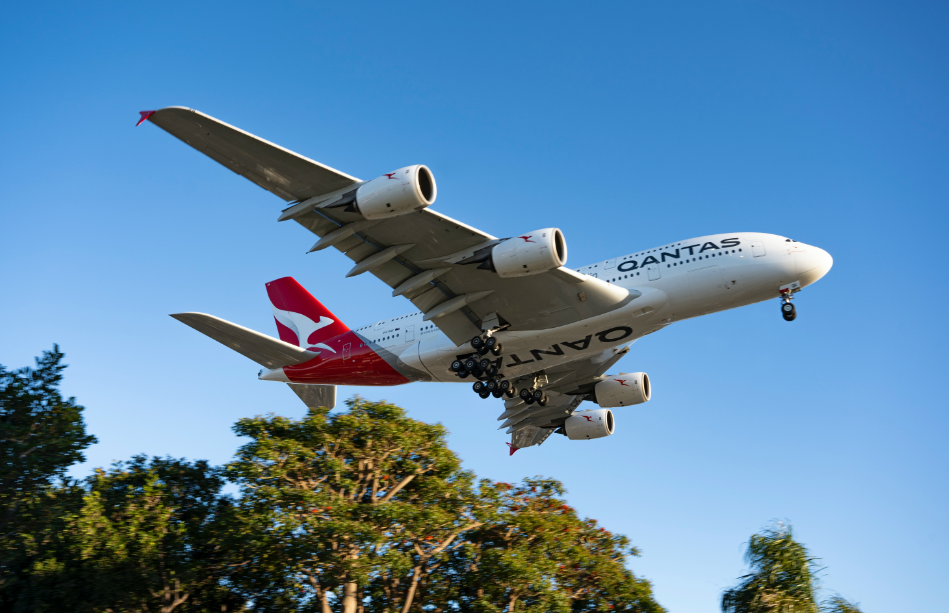
Qantas Airways is strongly dedicated to reducing carbon emissions. Their ambitious targets include a 25% reduction by 2030 and achieving net zero emissions by 2050. They prioritise sustainability across their operations, from cutting single-use plastics to investing in sustainable aviation fuel (SAF). Notably, they’ve taken a pioneering step by partnering to establish Australia’s first SAF industry. Qantas’ commitment to addressing carbon emissions is underscored by its Fly Carbon Neutral program, allowing passengers to make informed choices.
Lufthansa:
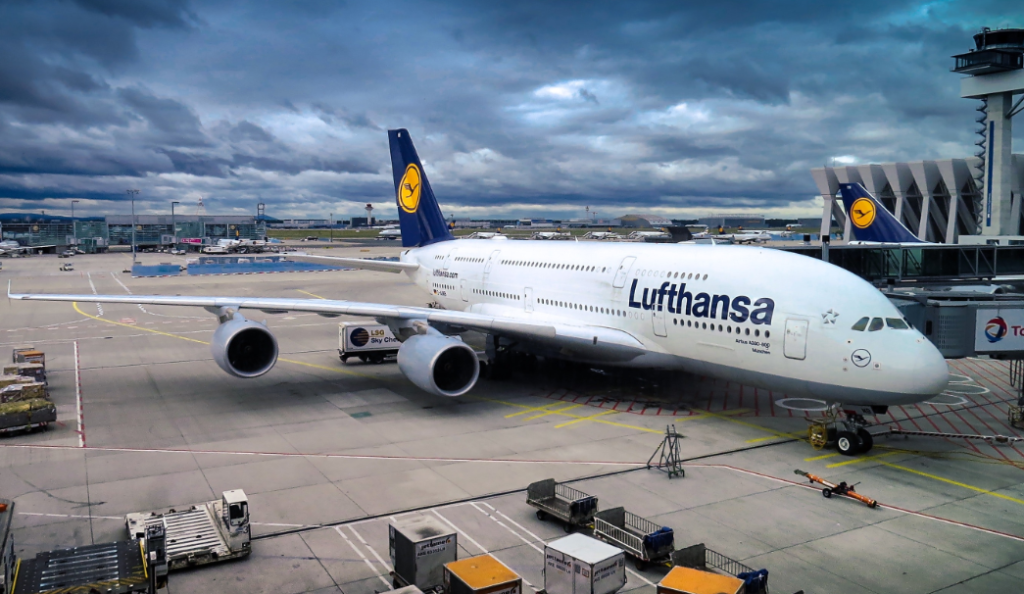
Lufthansa has embraced sustainable aviation through innovative strategies. Their commitment to carbon neutrality by 2050 drives the adoption of new sustainable aircraft, which are expected to cut carbon emissions by 30% by 2030. Lufthansa’s unique Sun-to-Liquid approach to producing carbon-neutral kerosene and AeroSHARK technology for enhanced fuel efficiency set them apart. They’re also tackling non-CO₂ emissions through projects like D-KULT. Investment in sustainable aviation fuel and zero-G fueling demonstrates their dedication to a greener sky.
Virgin Atlantic:
Virgin Atlantic is carving a path towards sustainable air travel. Their “big 3” carbon reduction initiatives (FLEET, CORSIA, and FUELS) encompass efficient aircraft deployment, carbon-neutral growth goals, and sustainable aviation fuel utilisation. By partnering with the Sustainable Restaurant Association, they extend their influence beyond the aircraft. Supporting local ecosystems, minimising waste, and promoting responsible consumption underscore their commitment to a holistic approach to sustainability.
KLM Royal Dutch Airlines:
KLM is leading the charge in quieter and cleaner skies. Their pursuit of noise reduction and improved air quality demonstrate their commitment to environmental well-being. By enabling passengers to voluntarily lower CO2 emissions through purchasing sustainable aviation fuel, KLM engages travellers in their sustainable journey. Their CO2 emission calculator promotes transparency, while internal carbon pricing aligns financial decisions with eco-friendly objectives. Recognitions like the Aviation Sustainability Award validate their endeavours in fueling sustainable aviation.
Air France:
Air France’s 30% CO2 reduction target by 2030 is driven by aircraft renewal and advanced standards. A focus on energy-efficient piloting methods and landing procedures showcases their commitment to eco-friendly operations. By integrating sustainable aviation fuel and embracing circular economy practices, they’re stepping towards a more sustainable future. The deployment of new-generation aircraft and emphasis on waste management reinforce Air France’s holistic approach to reducing its ecological footprint.
Delta Air Lines:
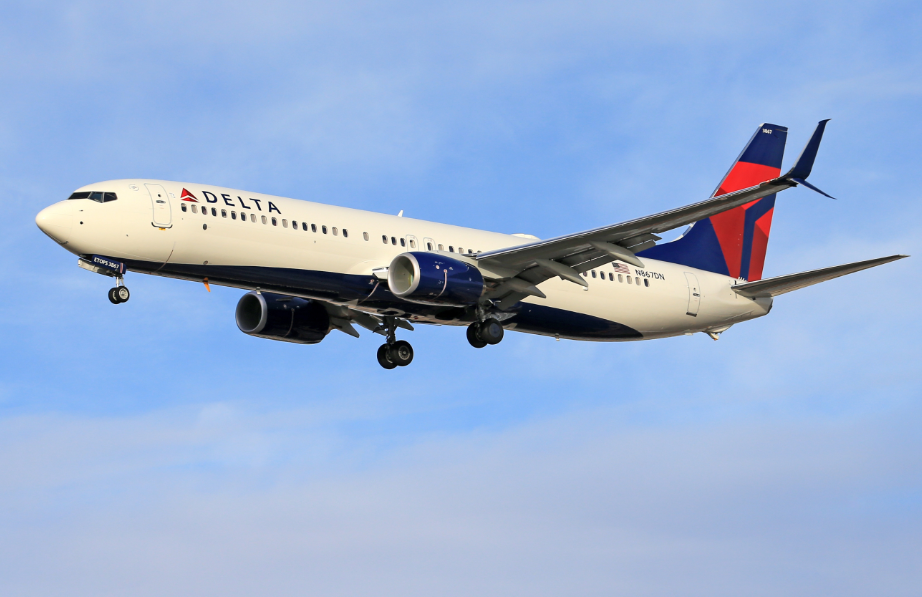
Delta Air Lines actively integrates sustainability into its operations. Their commitment to renewable energy, biodegradable products, and the reduction of single-use plastics is commendable. Collaborating with EcoVadis to enhance supply chain sustainability showcases their broader ecosystem approach. The reduction of approximately 4.9 million pounds of single-use plastics per year highlights the substantial positive impact of their initiatives.
Emirates:
Emirates is a trailblazer in advocating for eco-friendly aviation. Their pursuit of eco-efficient fleets, adherence to noise and engine standards, and incorporation of sustainable practices set them apart. From using recycled bottles for blankets to launching the Zero Emissions by 2050 Plan, Emirates showcases a comprehensive commitment to environmental stewardship. Their dedication to optimising flight plans since 2003 demonstrates a long-standing commitment to a sustainable sky.
Conclusion
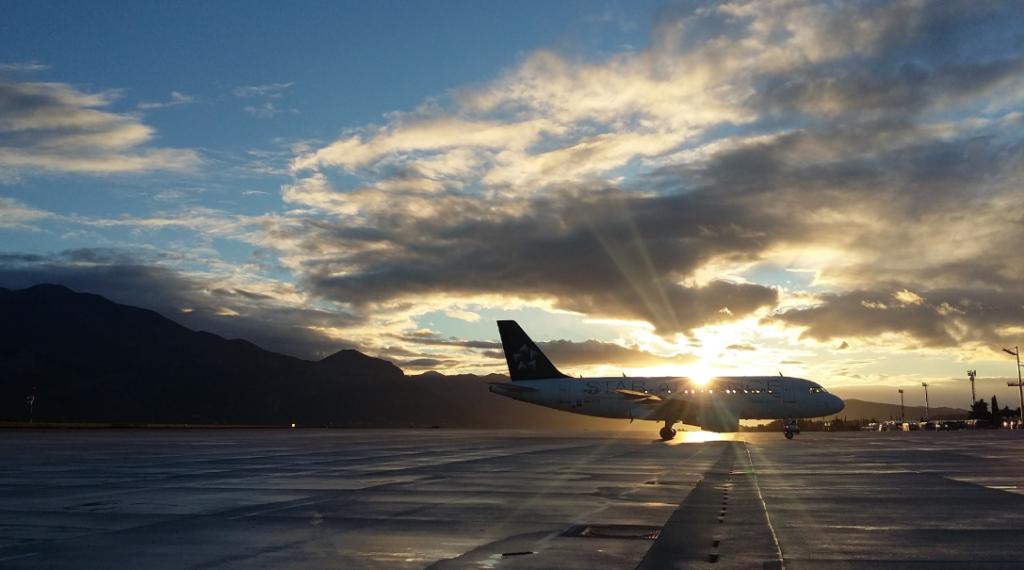
These notable airlines are showing that flying doesn’t have to hurt the planet. They’re taking steps to ensure your journey doesn’t leave a mark on the environment. So, next time you’re planning a trip, think about these sky-high eco-friendly flights. Let’s fly towards a greener future, one plane ride at a time!
Book flights and hotels only on MyFlightPal!

